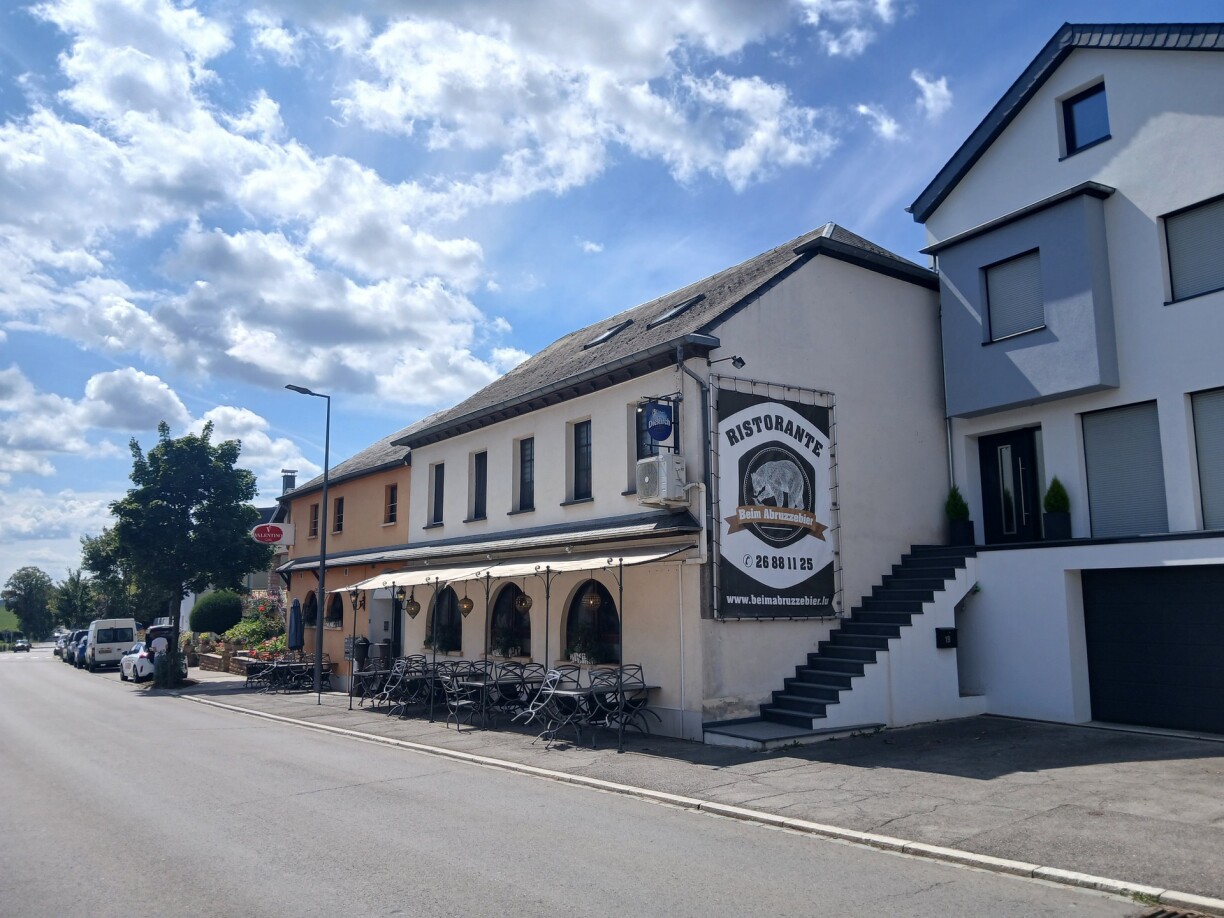
The current economic climate – marked by shifting consumer habits and rising operational costs – has squeezed profit margins to breaking point for many hospitality businesses. The challenges facing Luxembourg’s bar and restaurant sector are particularly acute in the north, where multiple establishments have shuttered in recent years, according to Steve Martellini, General Secretary of the Federation of Hotels, Restaurants, and Bars (HORESCA).
Even established restaurants with loyal clientele are not immune to financial collapse, as demonstrated by the plight of ‘Beim Abruzzebier’ in Grosbous. On the brink of forced sale, Athenais Altamuro, a 20-year industry veteran and owner of the restaurant, recently turned to social media in a desperate appeal.
Beim Abruzzebier has been open for 12 years. It can accommodate up to 140 diners and is often packed, mostly with regulars.
With the till usually full in the evenings, she could not imagine that the financial situation was anything but rosy. However, her accountant had already warned her three years ago.
In addition to a change in her personal life, this gradual decline was fuelled by a shift in customer habits. On the one hand, they are spending less, and on the other, overheads have increased.
“Today, a 3.5% to 4% margin is considered strong”, Altamuro explained in conversation with RTL. “It means if you see a carbonara on the menu for €18, you can work out how much it costs you to make it, and we’re all finding that in the end, the numbers just don’t add up.
“Of course, pasta isn’t expensive, but you have to factor in what the chef costs for that carbonara, you have to pay someone to wash the dishes for that carbonara, you have to pay for the electricity for that carbonara.”
For struggling restaurants, passing rising costs to customers risks driving them away – yet absorbing expenses leads to mounting debts. This Catch-22 trapped Beim Abruzzebier, whose obligations to the CNS and suppliers grew monthly until banks refused further loans, pushing the business toward forced sale.
A last-minute crowdfunding campaign, spearheaded by a friend, raised over €30,000 to avert closure.
While relieved, Altamuro acknowledges systemic missteps. “I underestimated accounting demands”, she admits, noting how operational chaos left little time for financial oversight.
Businesses experiencing financial difficulties can find support from the Chamber of Commerce’s House of Entrepreneurship, which confirms hospitality businesses face unique vulnerabilities.
Restaurants require massive upfront investment – leases, staff, inventory, equipment – before serving a single meal, explains advisor Marie-Sultana Langa. High fixed costs and delayed profit realisation create precarious cash flows, exacerbated when owners delay seeking help.
In Grosbous, the crowdfunding reprieve offers breathing room. Altamuro vows to repay contributors gradually and to the best of her abilities.